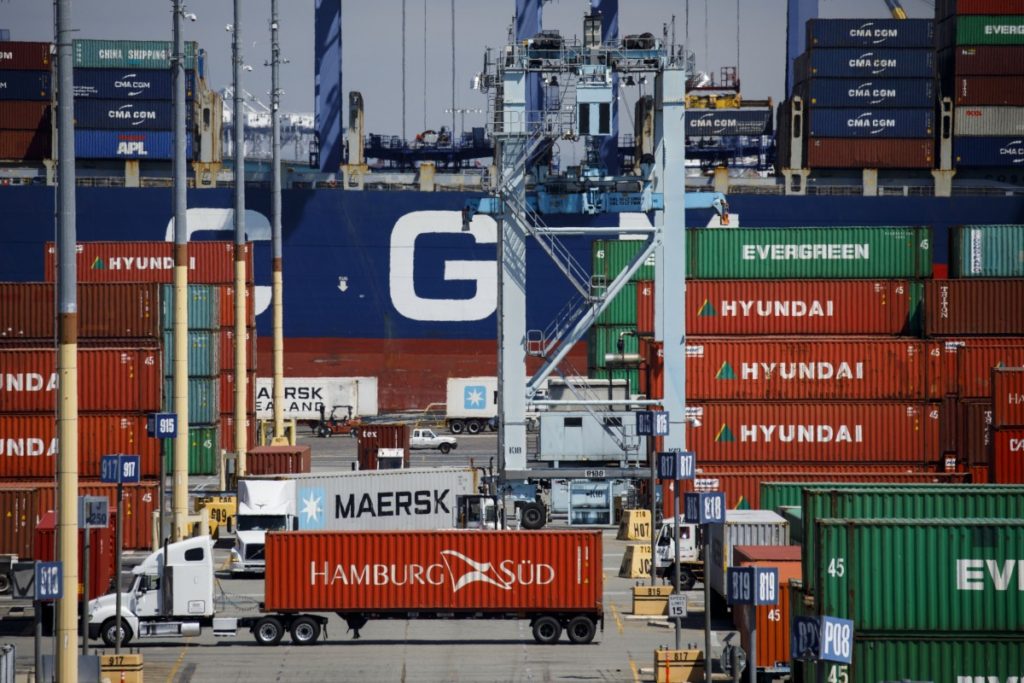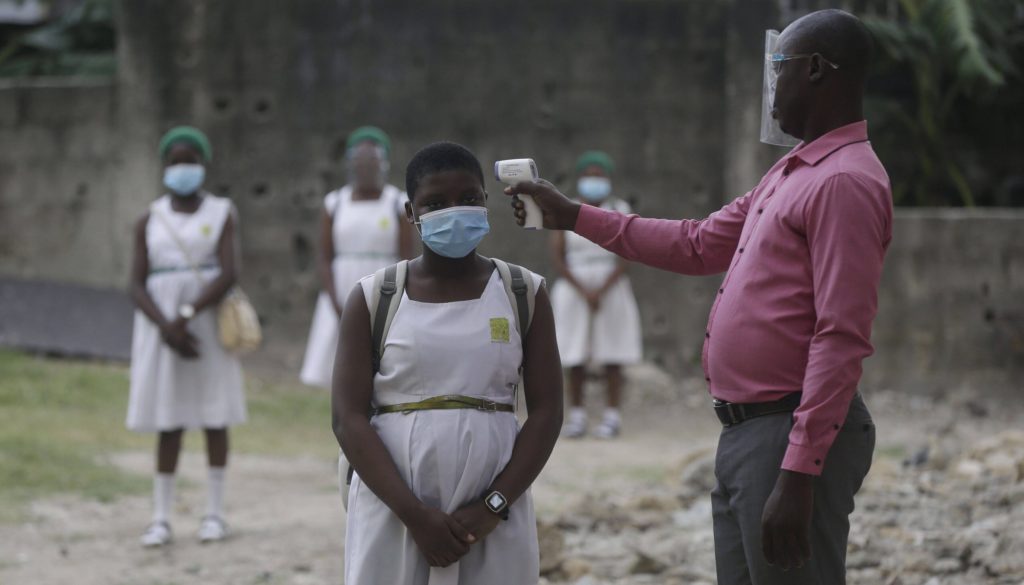Continental Integration & the Nigerian Economy: The Effect of the African Continental Free Trade Area on Medium Small and Micro-scale Enterprises in Nigeria
Executive Summary
Africa is at a historical crossroads. The launching of the operational phase of the African Continental Free Trade Area (AfCFTA) Agreement during the 12th Extraordinary Session of the Assembly of the African Union (AU) in Niamey, Niger on 7 July 2019 marks the most significant event in the decadeslong project of African integration. If managed efficiently, this newly formed market of 55 nations, 1.2 billion people, and an aggregate GDP of up to $6.7 trillion Purchasing Power Parity (PPP) has the potential to bring unprecedented stimulus to African economies by unlocking the historically low level of intra-continental trade and attracting long-term, stable investments from around the world.
While there is general optimism surrounding the promise of AfCFTA to support economic development, there must also be a recognition that, like all Free Trade Agreements (FTAs), the AfCFTA will inevitably create winners and losers. Whether for their own inefficiencies, or the sub-optimal business environments they may find themselves in, some businesses – or even entire sectors of national economies – will not be in a position to make the most from the expanded market opportunities and may be unable to compete with the influx of new competitors from other economies.
These were just some of the considerations that sparked considerable opposition to the deal in Nigeria prior to its signing. Unfortunately, there has previously been a general lack of data and information regarding how the national economy will react, leaving plenty of room for speculation. In this report, CSEA employs a two-pronged strategy to begin filling in the knowledge gap that exists about the possible effects of the AfCFTA on Nigeria’s economy.
First, we zero in on Nigeria’s Micro, Small, and Medium Enterprises (MSMEs). It is no overstatement to say MSMEs are the backbone of the Nigerian economy. In fact, more than 96 percent of all business – contributing to 75 percent of national employment – qualify for MSME status. No trade deal can be good for Nigeria without it benefiting at least the majority of MSMEs. Too little is known about how MSMEs will be affected by the introduction of continental free trade.
In the production of this report, we conducted a representative survey of more than 1,800 MSMEs in five Nigerian states that covered the country’s various sociocultural zones to evaluate MSME awareness and preparedness to take advantage of the AfCFTA Agreement. We also gauged their most urgent needs to make the most of the opportunities presented by AfCFTA and to recover efficiently from the impacts of the COVID-19 pandemic.
Through this process, we found a worrying degree of unawareness about AfCFTA. Two-thirds of MSMEs surveyed declared not knowing of the deal’s existence. This lack of knowledge is particularly acute among smaller businesses and can represent an enormous obstacle to the successful uptake of AfCFTA. The knowledge deficit is compounded by the reported under-utilization of previously-enteredinto FTAs as a result of their complicated compliance requirements. We therefore recommend a targeted, context-specific knowledge dissemination strategy as a key requirement for MSME success in a post-AfCFTA economy.
Among respondents aware of the Agreement’s existence, we found general optimism about businesses’ ability to make the most of its opportunities. Nevertheless, many were somewhat worried by the prospects of more competition and reported a strong need for government investment in electrification and general transport infrastructure to enable them to compete effectively. These problems are, of course, not new in Nigeria. Nevertheless, our findings reinforce the need for a national concentrated effort to ameliorate the business environment to ensure Nigeria thrives in the newly integrated continent.
Finally, the majority of businesses surveyed declared that, in their view, the most effective government relief strategy in the wake of the pandemic would be making business loans more readily available. While we do not take a position on the matter, the findings can certainly be beneficial to national policymakers as they plan the recovery strategy.
The second prong of this study takes a more general look at macroeconomic reactions and trade creation/diversion in the Nigerian economy as a result of AfCFTA. Here, we employed a Computable General Equilibrium (CGE) Model to simulate the general movements of the Nigerian economy, as well as those of other economies across the continent. Our result shows modest positive welfare gains to Nigeria with machinery, other transport, textile and metal products as well as textile industries accounting for most of the positive effects on real wage. Sectors with large tariff reductions recorded higher volume of trade. AfCFTA led to changes in pattern of trade flow across Africa. The African countries facing the possibility of the most gains from AfCFTA are Angola, Botswana, and Seychelles.
It is clear from both sections of this study that the mere signing of the AfCFTA Agreement will not guarantee increased economic prosperity in Nigeria on its own. There is therefore no room for complacency. In this report, we highlight some of the most salient issues that may arise from the implementation of the AfCFTA Agreement and contribute to the foundation and accessibility of knowledge required to effectively set this historic Agreement in motion.
This report was first published here


 English
English
 Arab
Arab
 Deutsch
Deutsch
 Português
Português
 China
China




